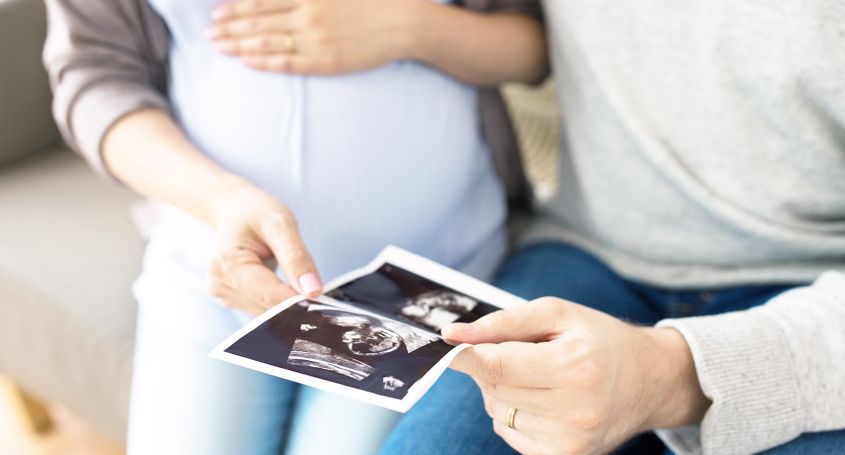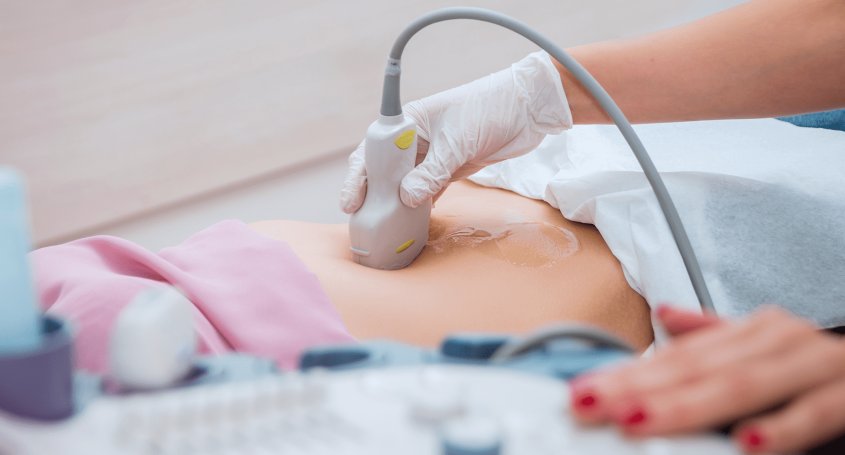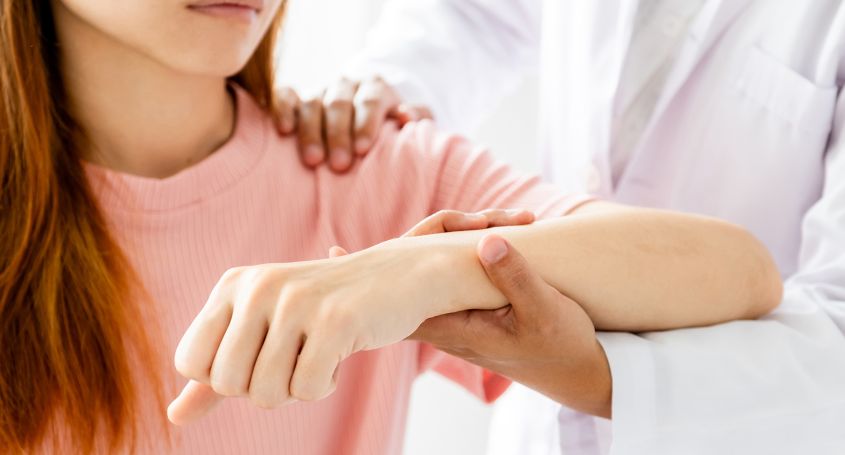Egg donation and sperm donation allows many couples to achieve a pregnancy that would otherwise be impossible. According to the latest official data from the Generalitat of Catalunya in 2011, egg donation has increased by 14.8% and sperm donation by 16.1%. The number of egg donors was 3.523 and the number of sperm donor s was 1.127.
Most of the donors were young students under 30 years living in Catalonia. To be a donor it is imperative not having any illness either personally or within the family that can be genetically transmitted, to perform a psychological test, to have a good ovarian reserve in the case of egg donors and to have good sperm quality in case of sperm donors, to have negative serologies and a normal genetic study.














